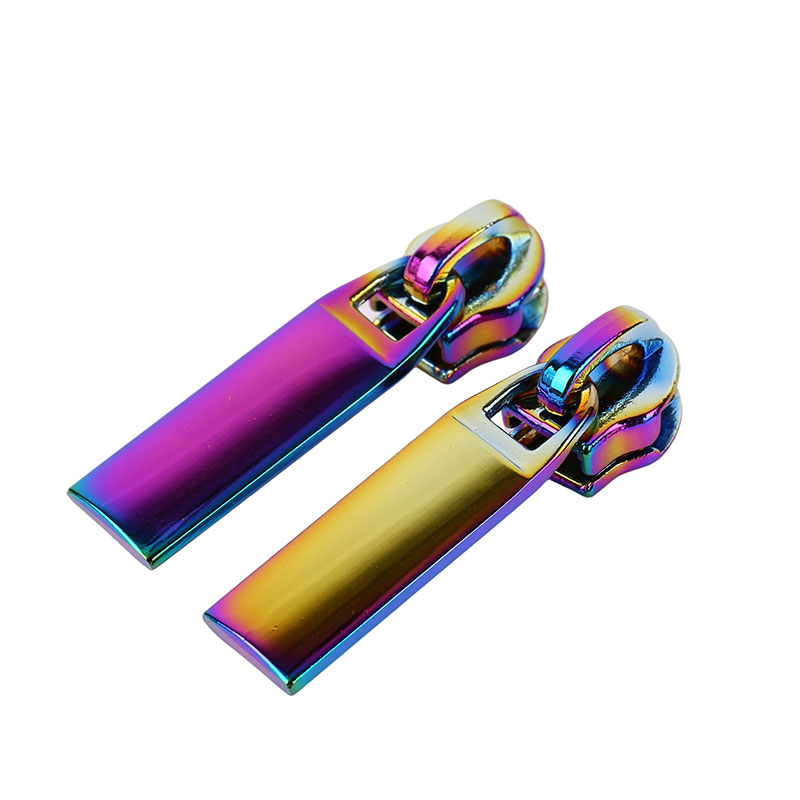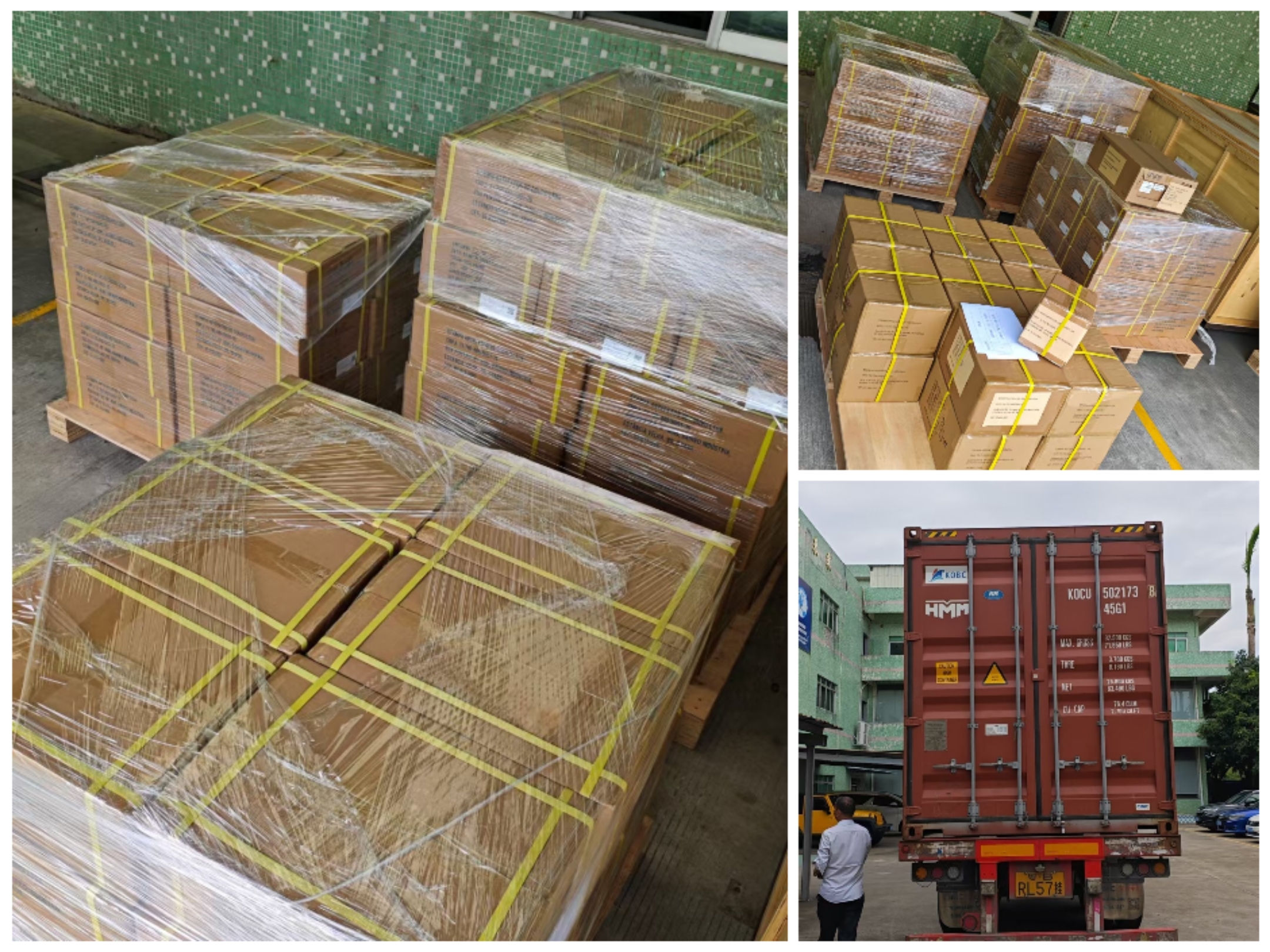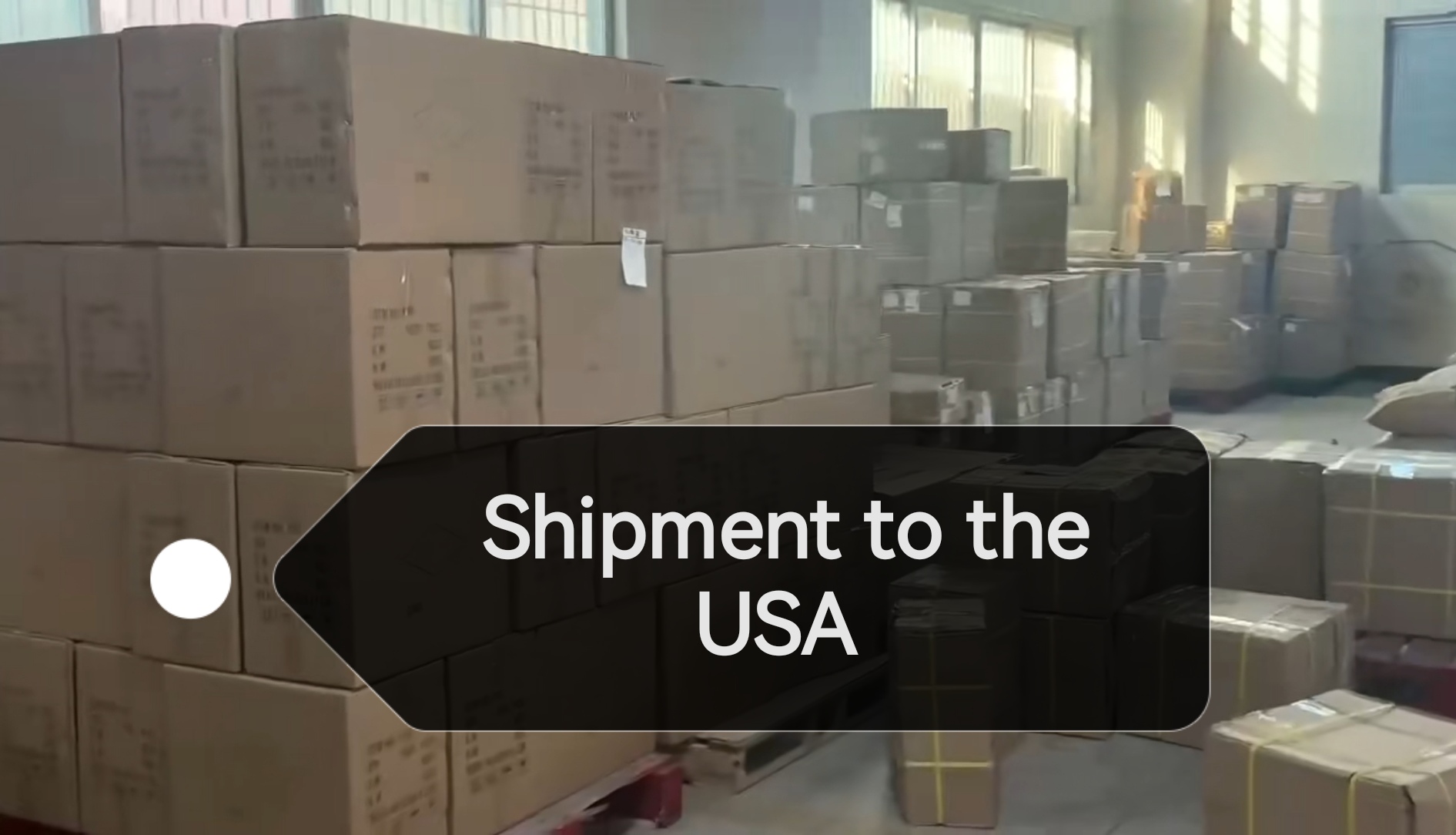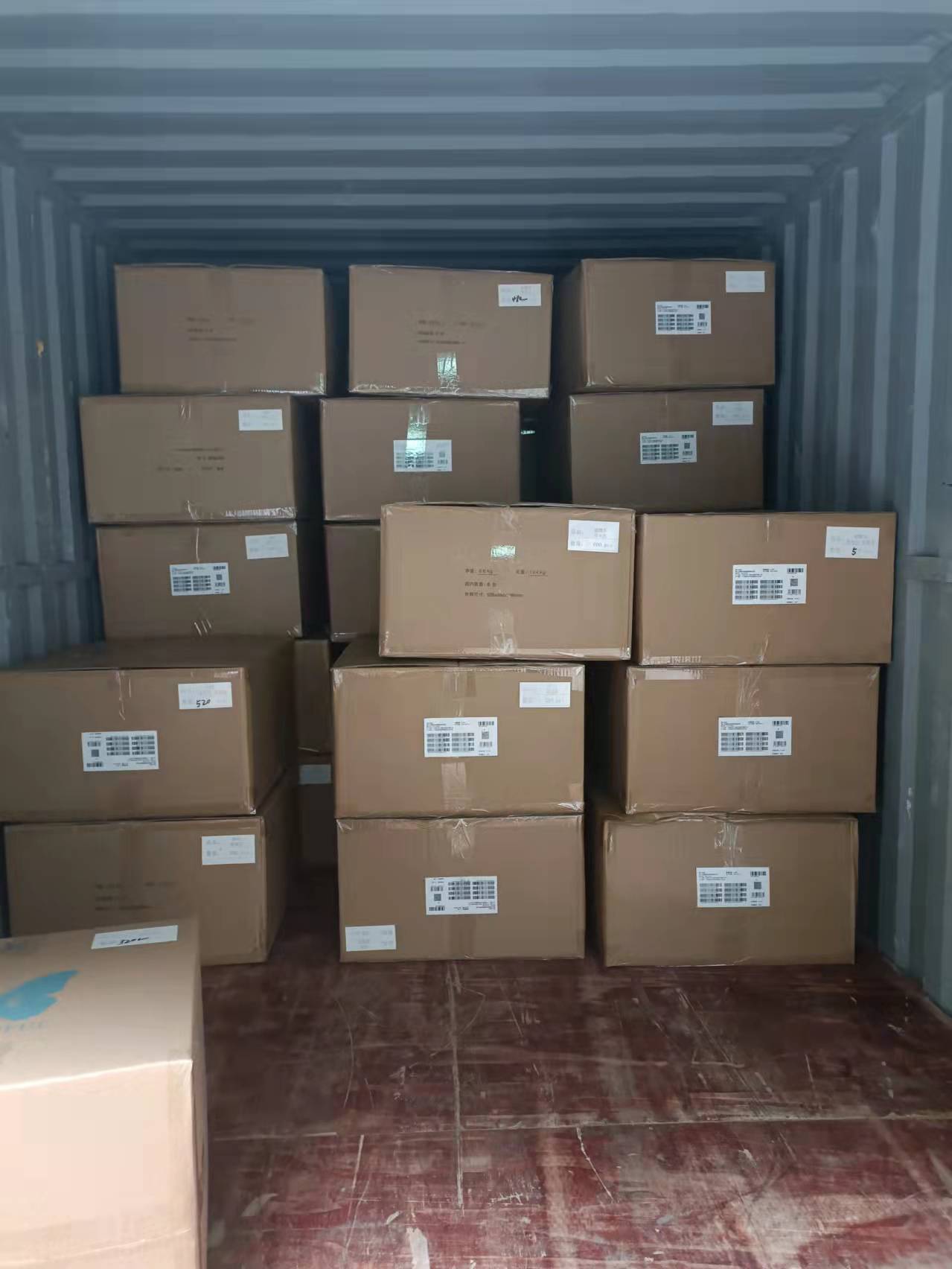Sustainable Bag Hardware: Our Commitment to an Eco-Friendly Future
As global awareness of climate change intensifies, the demand for sustainable products in the fashion and accessories sector is soaring. At our company, we recognize our responsibility to minimize environmental impact and are deeply committed to producing eco-friendly bag hardware accessories through conscious material selection, sustainable production technologies, and practices that reduce our carbon footprint and promote social responsibility.
Our Eco-Conscious Approach to Bag Hardware Manufacturing:
1. Environmentally Friendly Materials:
We prioritize sustainable alternatives to traditional materials:
- Recycled Metals: Utilizing a significant portion of recycled stainless steel, brass, and aluminum, reducing virgin resource needs and lowering energy consumption.
- Eco-friendly Plating: Implementing methods that minimize water usage and toxic byproducts, while exploring chemical-free surface treatments.
- Biodegradable Plastics: Transitioning to bio-based plastics derived from renewable sources for components like buckles and adjusters, reducing landfill waste and plastic pollution.
- Low VOC Coatings: Employing coatings and finishes with low volatile organic compounds to minimize harmful atmospheric emissions and ensure a healthier working environment.
2. Sustainable Production Technologies:
We invest in advanced technologies and practices to minimize waste, energy consumption, and emissions:
- Energy-Efficient Manufacturing: Upgrading machinery to optimize energy use and utilizing renewable energy sources like solar and wind power.
- Closed-Loop Water Systems: Implementing water recycling systems to conserve water and prevent contaminated water release.
- Waste Reduction & Recycling: Striving for a zero-waste production environment by recycling scrap materials and implementing lean manufacturing principles.
- 3D Printing for Prototyping: Utilizing 3D technology to minimize material waste during product development and identify design improvements early.
3. Reducing Carbon Emissions:
Minimizing our carbon footprint is a top priority through strategies like:
- Renewable Energy: Increasing our reliance on solar and wind power to reduce dependence on fossil fuels.
- Efficient Transportation & Logistics: Optimizing shipping routes, using fuel-efficient vehicles, and exploring carbon-neutral shipping options.
- Carbon Offsetting Programs: Investing in environmental initiatives to neutralize unavoidable carbon emissions.
4. Social Responsibility: Empowering People & Communities:
Our commitment extends beyond the environment to encompass ethical practices:
- Fair Labor Practices: Ensuring safe, fair, and supportive working conditions, fair wages, and compliance with labor laws.
- Community Engagement: Actively supporting local environmental and social initiatives.
- Ethical Sourcing: Partnering with suppliers who prioritize environmental stewardship and fair labor practices, ensuring supply chain transparency.
5. Continuous Improvement & Innovation:
We are dedicated to ongoing learning and adoption of the latest innovations in eco-friendly materials, sustainable production technologies, and sustainability strategies, collaborating with industry partners and environmental organizations.
Conclusion: Building a Greener Future Together with Sustainable Bag Hardware
As a leading producer of sustainable bag hardware accessories, we recognize our impact and are committed to an eco-conscious future. By prioritizing environmentally friendly materials, sustainable production, carbon reduction, and social responsibility, we aim to create high-quality, eco-conscious products for environmentally aware consumers. Join us in our journey towards a greener, more equitable world where innovation and sustainability drive positive change.











